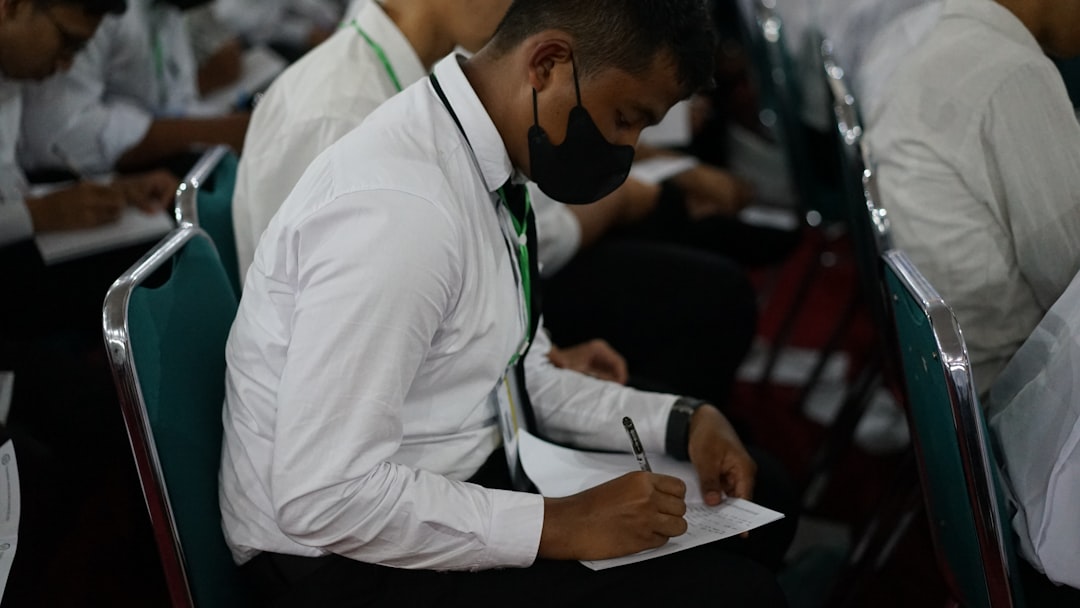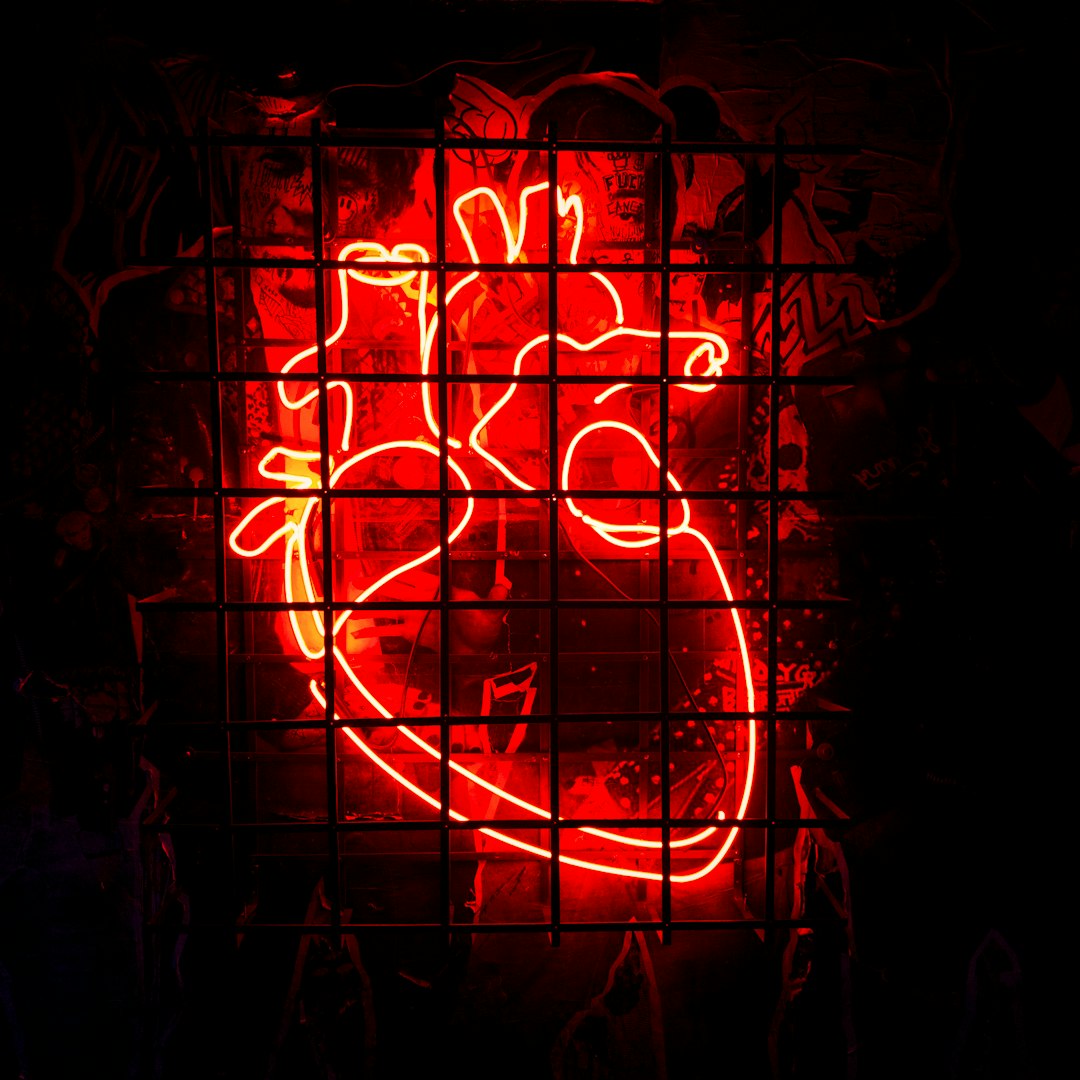Nicotine withdrawal is a genuine phenomenon. It happens when someone who is addicted to nicotine stops using it suddenly. The symptoms can be severe and include everything from headaches and nausea to anxiety and depression. Although the symptoms tend to be more manageable with time and effort, it is essential to know what helps and doesn’t to reduce their severity and duration.
What should I know about this?
Nicotine withdrawal happens because the body has become accustomed to having nicotine in the system at all times. When that supply suddenly stops, the brain reacts by going into overdrive as it tries to figure out why it isn’t getting its usual dose of nicotine. The first few days after someone quits smoking or using other forms of nicotine are usually the hardest, as this is when many people experience intense cravings for their drug of choice. If a person can make it through these initial weeks, however, they may find that their symptoms begin to recede, except for occasional cravings.
Symptoms can include a multitude of different physical and emotional changes. These can consist of 😮 increased anxiety or depression trouble concentrating irritability; elevated stress, agitation, or restlessness; and difficulty sleeping.
We hope this information has been useful to you.









